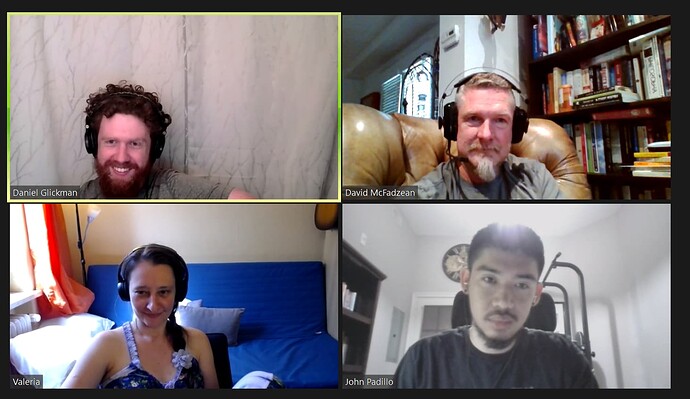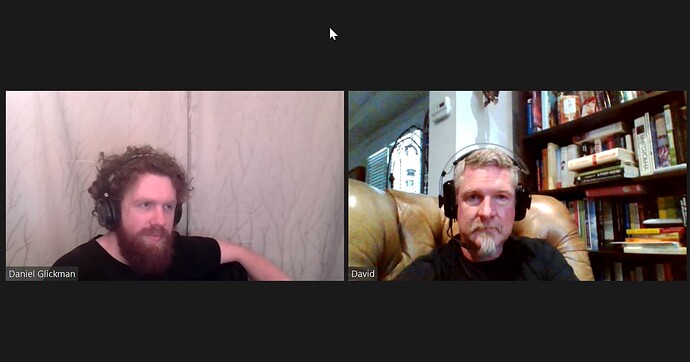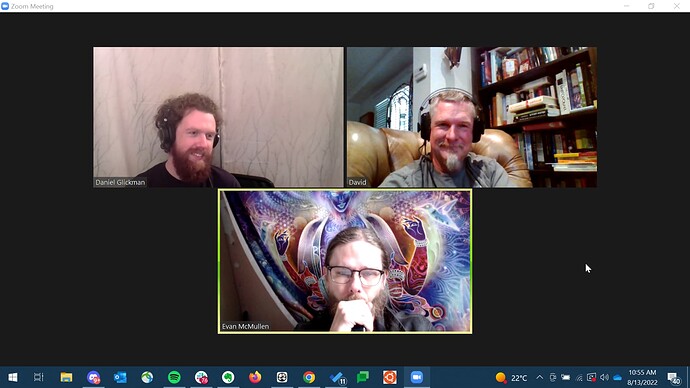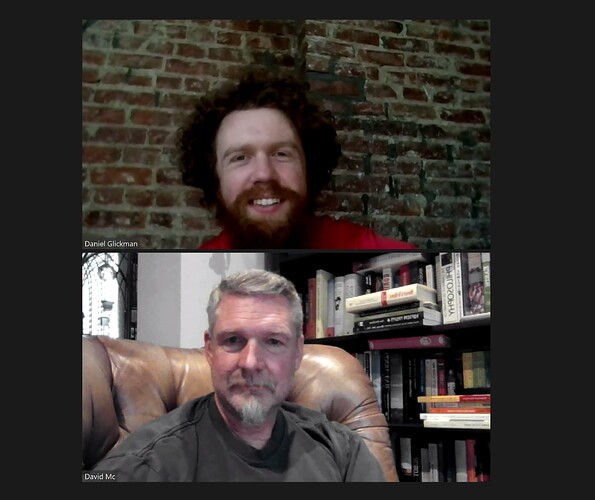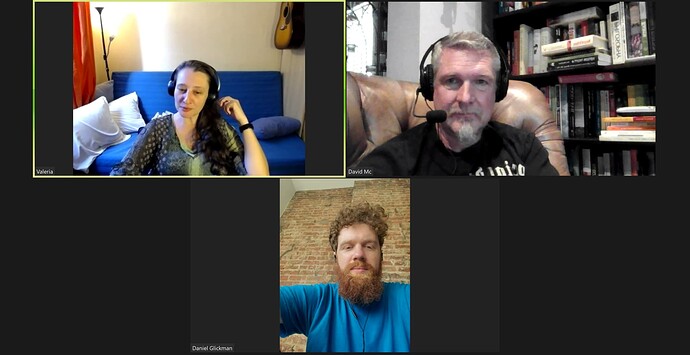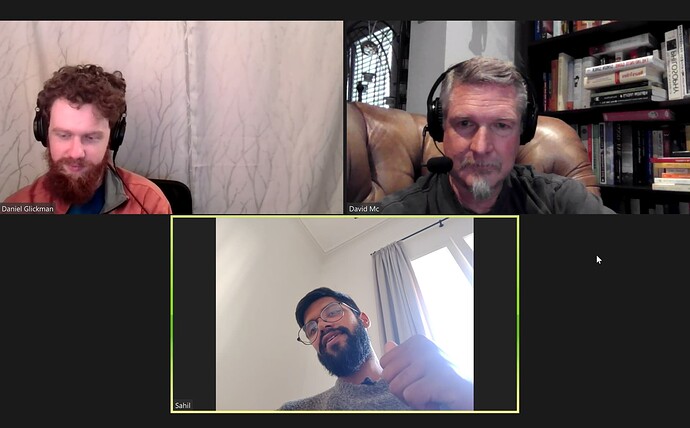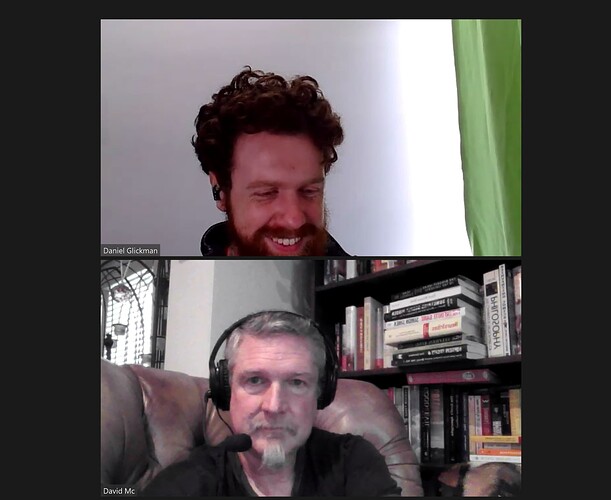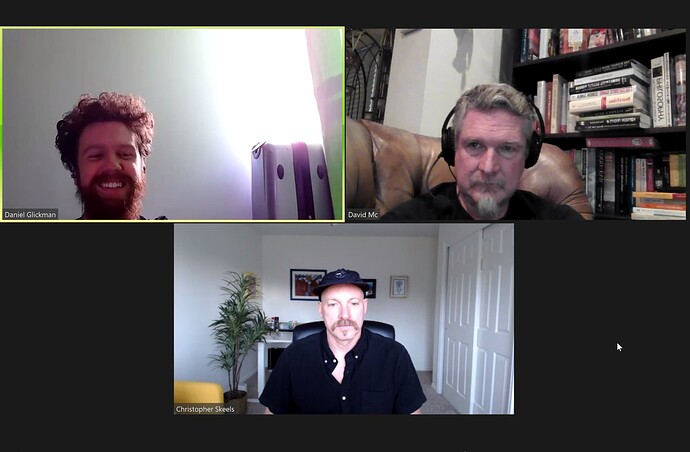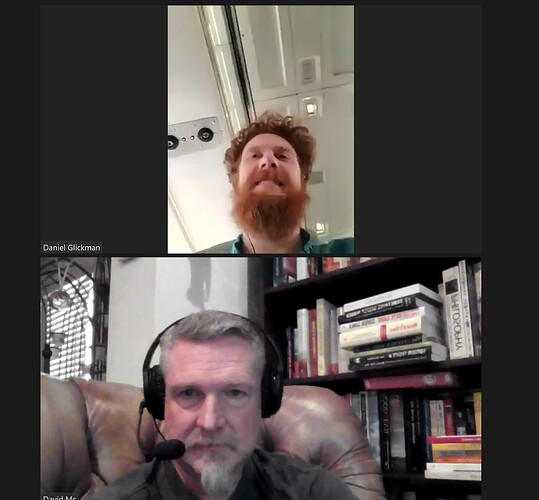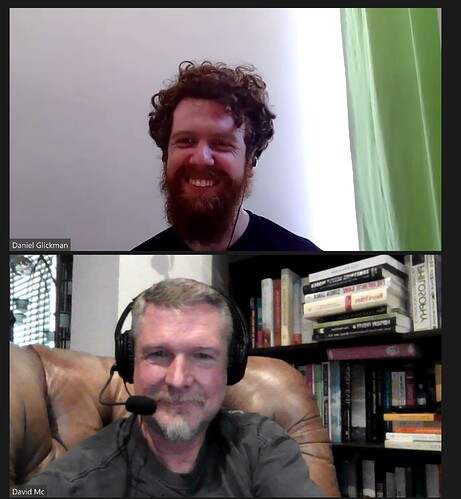2022.06.04 S02E26
First time in a long time we’ve had a full house with @Evan_McMullen, @dglickman, @Valeria, and @Sahil. We started by revisiting a topic from last week, the so-called Heinz dilemma:
A woman was near death from a special kind of cancer. There was one drug that the doctors thought might save her. It was a form of radium that a druggist in the same town had recently discovered. The drug was expensive to make, but the druggist was charging ten times what the drug cost him to produce. He paid $200 for the radium and charged $2,000 for a small dose of the drug. The sick woman’s husband, Heinz, went to everyone he knew to borrow the money, but he could only get together about $1,000 which is half of what it cost. He told the druggist that his wife was dying and asked him to sell it cheaper or let him pay later. But the druggist said: “No, I discovered the drug and I’m going to make money from it.” So Heinz got desperate and broke into the man’s laboratory to steal the drug for his wife. Should Heinz have broken into the laboratory to steal the drug for his wife? Why or why not?
It seems that none of us would fault Heinz for stealing the drug, but we differed on what would be an appropriate response. I suggested that Heinz is merely in debt to the druggist for $2000 plus damages for the break-in. Maybe he could raise the money after the fact, or work it off or something. Evan suggested that Heinz might negotiate a deal where he didn’t go to the news outlets with the story of how the druggist was being a dick. Sahil objected to calling the druggist a dick on the grounds that society should not expect everyone to be in a position of taking on counterparty risk (for example).
We moved on to this week’s readings with a discussion of the harm of eternalism (“show us on this doll where eternalism touched you”). Valeria surprised us (or at least me) by declaring the a cosmic plan exists, it just seems otherwise at times because we can’t understand it. I wasn’t sure if she really believed this or was just playing devil’s advocate, and she remained coy. On a related note, Daniel observed that there is a difference between being able to conceive of something and that same thing being possible, e.g. p-zombies.
We pivoted to discussing a question Sahil asked in Discord last week:
Here’s a fun question: if you had to write an epistemic status for meaningness posts, what would it look like?
Evan suggested that Meaningness taken as a whole doesn’t really have an epistemic status, rather it should be viewed as a design pattern.
We did an experiment for Valeria, who asked if we could could parse this quote without rereading (I, for one, could not)…
The inquiry into religion attempted here proceeds by way of problems judged to lie hidden at the ground of the historical frontier we call “the modern world”.
It was from this book:
The deep dive this week was a discussion on the meaning of meaninglessness, and how some drugs can turn up the experience of deep meaning without affecting much else. Evan offered a quote from the Glass Bead Game that capture this feeling:
I suddenly realized that in the language, or at any rate in the spirit of the Glass Bead Game, everything actually was all-meaningful, that every symbol and combination of symbol led not hither and yon, not to single examples, experiments, and proofs, but into the center, the mystery and innermost heart of the world, into primal knowledge. Every transition from major to minor in a sonata, every transformation of a myth or a religious cult, every classical or artistic formulation was, I realized in that flashing moment, if seen with truly a meditative mind, nothing but a direct route into the interior of the cosmic mystery, where in the alternation between inhaling and exhaling,
We finished with a discussion of whether professional ethicists were more ethical than average (research says probably not):




